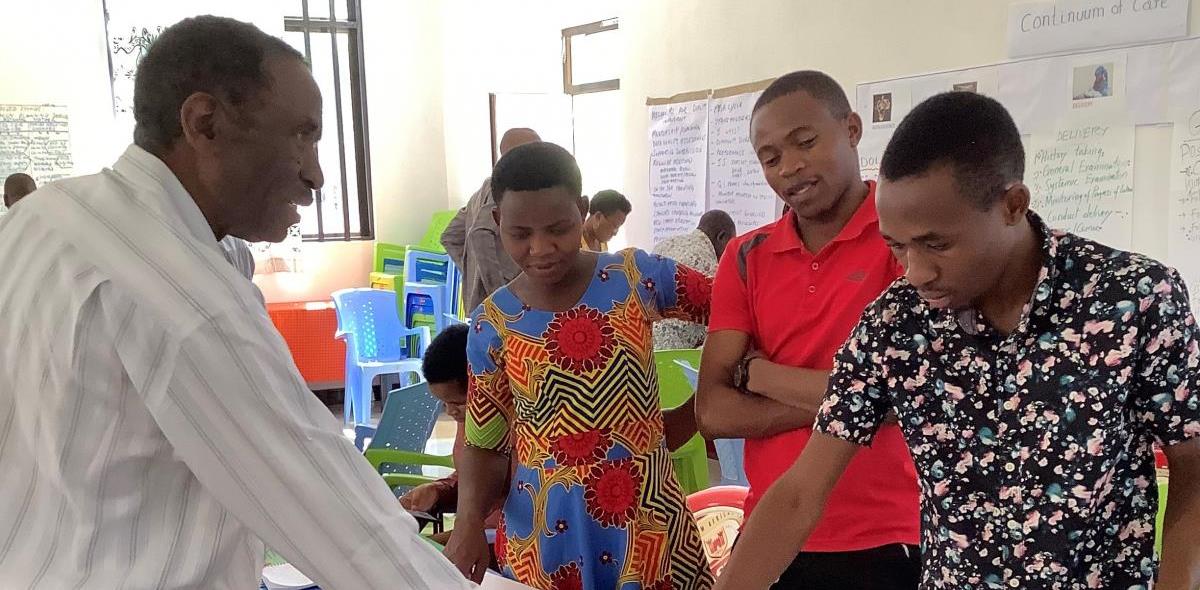The Ghana-Canada Research Partnership (GCRP) was launched at a meeting in Ottawa on October 30, 2017, with eight initial participants. Since then, other colleagues have been recommended and added to the list.
Goals
The long-term vision of the GCRP is to improve the health of Ghanaians by strengthening the national health research system. This will be done by:
- Strengthening the health research capabilities of both Ghanaian and Canadian partners at the individual, institutional and system levels.
- Increasing the production and use of health knowledge through collaborative research projects.
To achieve these goals, team members will respect and acknowledge the differences in communication norms in both countries, exploring new approaches in communicating that ensure all team members are included in the various team dialogues and receive relevant updates. These innovative approaches to knowledge sharing and collaboration support our long-term vision.
About Country Partnerships
The story of the Country Partnerships Program (CPP) goes back to the early days of the CCGHR (2003). This initiative was created as a means to support strengthening national health systems and environments, and as a harmonization tool in collaborating with countries of the Global South. Over the years, several “country-Canada” partnerships invested in long-term sustainable relationships that are responding to changing circumstances and evolving opportunities, drawing upon the global health research principles of authentic partnership, ethical engagement and commitment to the future.
Across different partnerships, colleagues report important benefits of the CPP, such as:
- Facilitating local and global networking opportunities;
- Harmonizing Canadian research efforts in a given country or jurisdictions;
- Linking within-country institutions and scholars who were not previously collaborating;
- Providing opportunities for Canadian scholars to engage with country scholars and institutions around topics of shared interest, including funding opportunities relevant for a specific country focus and problem;
- Creating a communication platform to share current research and academic opportunities;
- Providing a link to the University Advisory Council.
All these partnerships respect and acknowledge communication norms in partner countries, exploring new approaches in communication to ensure that all team members are included in dialogues and knowledge sharing. These innovative approaches support CAGH’s long-term vision.

